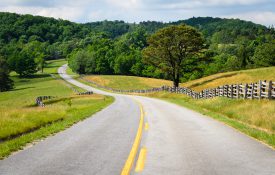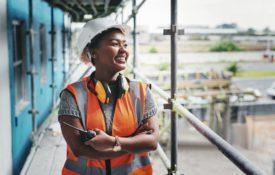-

How After-Hours Emails Might Hurt Your Health
Technology has allowed many workers to enjoy greater flexibility with where and when they work, but it also means that the boundaries between work and leisure can become blurred.
-
New Research in Psychological Science
Read about the latest research published in Psychological Science: The Role of Hedonic Behavior in Reducing Perceived Risk: Evidence From Postearthquake Mobile-App Data Jayson S. Jia, Jianmin Jia, Christopher K. Hsee, and Baba Shiv How does experiencing a disaster affect people's daily behaviors? To study this, the researchers followed participants who had experienced the Ya'an earthquake, which occurred on April 20, 2013, in southwest China. The researchers used phone data to examine telecommunications and app usage in the timeframe before and after the earthquake. One week after the earthquake, a subset of participants reported how threatened they currently felt by the earthquake.
-

How Your Hometown Influences Your Driving Risk
Whether drivers are accustomed to country roads or city streets, they face an increased risk of fatal accidents when switching from one road type to the other.
-

A Meaningful Job Linked to Higher Income and a Longer Life
Longitudinal research reveals that individuals with a strong sense of purpose are more likely to outlive – and outearn – their less purposeful peers.
-

Detecting Misinformation Can Improve Memory Later On
Exposure to false information about an event usually makes it more difficult for people to recall the original details, but new research suggests that there may be times when misinformation actually boosts memory.
-

Children Can ‘Catch’ Social Bias Through Nonverbal Signals Expressed by Adults
Preschool-aged children can learn bias even through nonverbal signals displayed by adults, such as a condescending tone of voice or a disapproving look.

